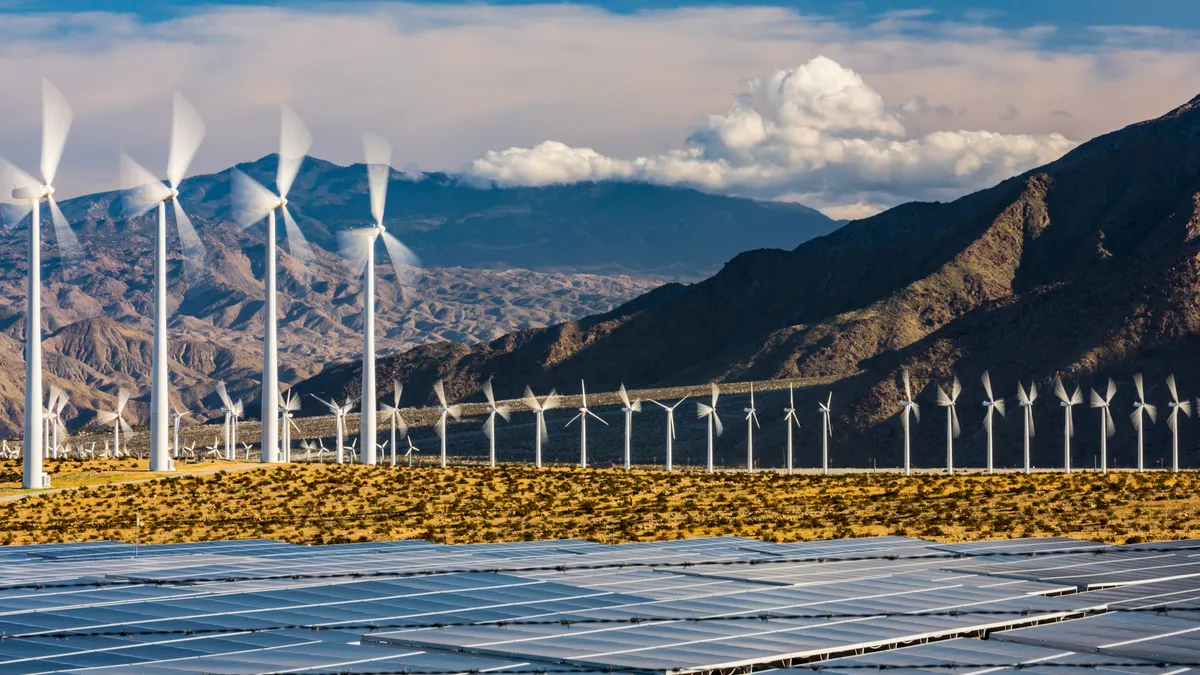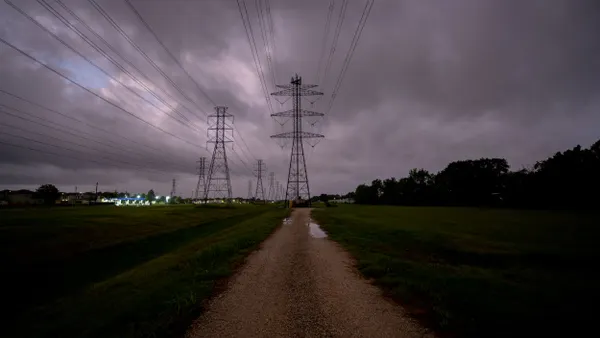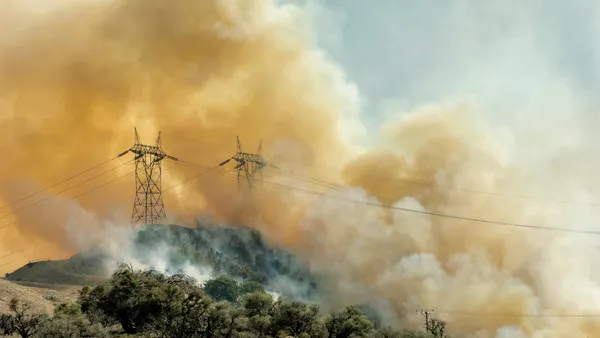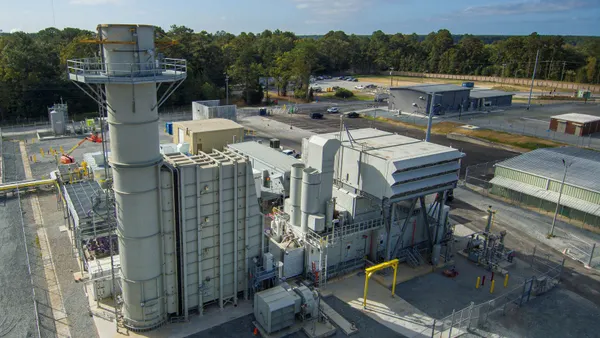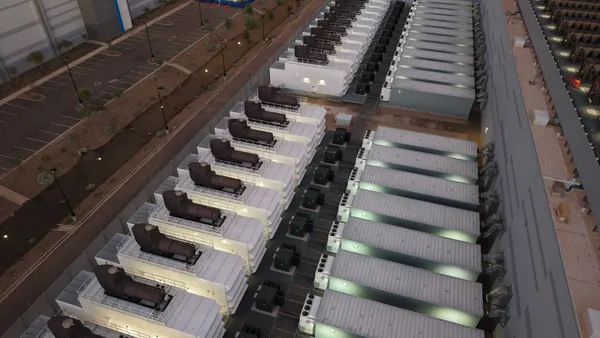Wind and solar power drives up the cost of electricity, partly because the intermittent resources cannot run all the time, U.S. Energy Department Secretary Chris Wright said Tuesday during a budget hearing held by a House Energy and Commerce Committee panel.
“If you're not there at peak demand, you're just a parasite on the grid, because you just make the other sources turn up and down as you come and go,” Wright told the Subcommittee on Energy.
“Our electricity markets have rewarded low value electricity, and we've subsidized [it] to put more of it on,” Wright said. “We need to have people bidding into a marketplace that are both delivering the same product, which is 24/7 electricity, because that's the only thing customers will buy.”
About 95% of the U.S. grid interconnection queue is made up of wind, solar and battery storage projects, and “the vast majority of them have no chance of getting built,” Wright said.
“We need to look at that process and prioritize projects that are impactful and make it move faster and more efficiently,” Wright said.
Wright said he supported the intent of legislation introduced Tuesday by Rep. Julie Fedorchak, R-N.D., that would prohibit the retirement of baseload power plants in areas identified by the North American Electric Reliability Corp. as being at elevated or high risk of electricity shortfalls. About two-thirds of the United States falls into those categories, according to a NERC report released in December.
Driven by an executive order, DOE has a team in its Office of Electricity that's studying grid reserve margins in different areas of the country, according to Wright. The team is looking at planned power plant retirements, and will then have discussions with their owners to understand why an asset is being retired and if there is “a better plan,” Wright said. “If it is retiring, what's going to replace it that's equally dispatchable and firm, reliable, and won't add to the cost of the grid,” he said.
Last month, Wright issued 90-day emergency orders to keep a 760-MW oil- and gas-fired power plant in Pennsylvania and a 1,560-MW coal-fired power plant in Michigan from retiring. In the orders Wright cited NERC warnings about grid reliability as a reason to keep the power plants running this summer.
“Many people at DOE have been in dialogs with NERC and with [the Midcontinent Independent System Operator] about these issues,” Wright told Rep. John James, R-Mich., during the hearing.
MISO has the lowest reserve margin in the U.S. and the Midwest is the country’s industrial heartland, Wright said in response to why he ordered the plant to keep operating. Also, MISO had a planned blackout in Louisiana on May 25 two days after Wright issued the order, he said.
The 600-MW load shed was driven by hot weather, generation and transmission outages, and limited transfer capability, according to MISO.
Consumers Energy on Friday filed a complaint at the Federal Energy Regulatory Commission to establish a pathway for it to recover its costs to keep the plant in Michigan running. Rep. James said he would work to make sure the costs of keeping Consumers Energy’s Campbell power plant operating would be spread across MISO and not just be paid for by the utility’s customers.
The PJM Interconnection on Monday launched a fast-track process to set a cost recovery mechanism for Constellation Energy’s Eddystone units in Pennsylvania.
Meanwhile, Wright said he supports giving the Federal Energy Regulatory Commission more authority to approve major power line projects. “The United States needs to build more energy infrastructure of all kinds and certainly including transmission lines,” Wright said in response to a question from Rep. Scott Peters, D-Calif, a sponsor of bills that aim to make it easier to build interregional power lines.
“There's no doubt that our country and our grid would benefit from more transmission, and it is a subject of active study and discussion at the DOE,” Wright said. Using existing rights of way and “dynamic line ratings” are options for boosting transmission capacity, Wright noted.
Wright stood by the Trump administration’s plans to scale back on energy efficiency standards and programs such as the Energy Star efficiency rating system.
The Energy Policy and Conservation Act, which requires DOE to set efficiency standards, “has been weaponized to bring in all sorts of different devices or things people might use and decide that Big Brother — the government — should decide how they heat themselves on their outdoor patio or their hot tub or every other part of their life,” Wright said. “This is just a perfect example of government run amok and getting involved in choices that are going to be made differently by different people.”



